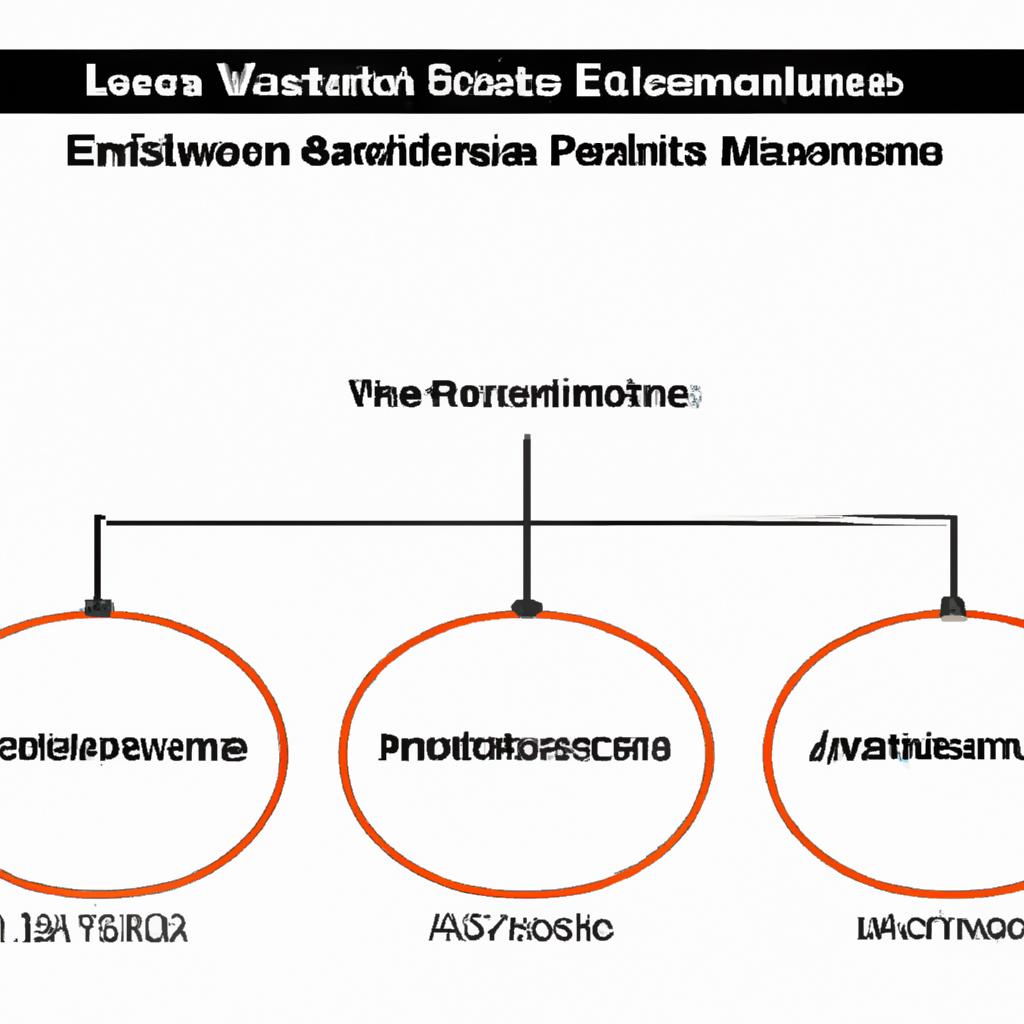In the intricate web of life, death is an inevitable reality that we must all face. Yet, despite our best efforts to prepare for the unknown, many individuals leave this world without leaving behind a clear roadmap for their assets and possessions. What unfolds in the aftermath of a loved one’s passing when there is no will to guide the distribution of their estate? In the absence of such crucial documentation, the complexities of intestacy laws come into play, dictating the fate of one’s legacy. Join us as we delve into the intricate world of intestate succession and uncover the legal implications of dying without a will. As experienced lawyers at Morgan Legal Group in New York City, we shed light on the nuances of estate planning, probate, and the intricate web of laws governing the fate of one’s assets in the absence of a will.
– Consequences of Dying Without a Will
When someone passes away without a will, also known as dying intestate, their assets and property are distributed according to the state’s intestacy laws. This means that the courts will decide who inherits the deceased person’s estate, which may not align with their wishes. In the absence of a will, the probate process can become lengthy and costly, as the courts will have to appoint an administrator to handle the estate.
Moreover, dying without a will can result in family disputes over the distribution of assets, leading to potential rifts that may never be mended. Without clear instructions on how to distribute one’s estate, loved ones may face financial hardship or lose out on receiving an inheritance. It is crucial to consult with an experienced estate planning attorney to ensure that your assets are distributed according to your wishes and to prevent unnecessary complications for your loved ones.

– Intestate Succession: How New York Law Distributes Assets
When a person passes away without a will, they are considered to have died intestate. In such cases, New York law steps in to determine how the deceased’s assets will be distributed. This process is known as intestate succession.
- Spouse: If the deceased is survived by a spouse but no children, the spouse inherits everything. If the deceased is survived by a spouse and children, the spouse inherits the first $50,000 of the estate plus half of the remaining estate, with the children inheriting the other half.
- Children: If the deceased has children but no spouse, the children inherit everything in equal shares. If the deceased is survived by both a spouse and children, the children will inherit a portion of the estate.
| Relationship | Share of Estate |
|---|---|
| Parents | Equal shares |
| Siblings | Equal shares |
| Grandparents | Equal shares |
| Aunts/Uncles | Equal shares |
It is essential to consult with a qualified estate planning attorney to understand the intricacies of intestate succession and ensure that your assets are distributed according to your wishes.

– Importance of Consulting with an Estate Planning Attorney
When someone passes away without a will, their estate is subject to the laws of intestacy. This means that the state will determine how the deceased person’s assets are distributed. Without a will in place, your wishes may not be carried out, and your loved ones may not receive the assets you intended for them. Consulting with an estate planning attorney can help you avoid this scenario and ensure that your assets are distributed according to your wishes.
Furthermore, consulting with an estate planning attorney can help you minimize estate taxes, protect your assets from creditors, and provide for your loved ones after you’re gone. An attorney can also assist with creating a comprehensive estate plan that addresses your specific needs and goals. By working with a legal professional, you can have peace of mind knowing that your estate will be managed and distributed in the most effective and efficient way possible.

- Strategies to Protect Your Estate and Ensure Your Wishes Are Carried Out
When someone passes away without a will, also known as dying intestate, their estate will be distributed according to the laws of the state in which they reside. This means that the deceased’s assets may not be distributed as they would have wished, and loved ones may not receive the inheritance they were expecting. Without a will, the court will appoint an administrator to handle the estate, which can lead to delays and additional costs.
To prevent your estate from being distributed according to state laws, it is crucial to create a will outlining your wishes. By clearly stating who should receive your assets, you can ensure that your loved ones are taken care of after your passing. Additionally, establishing a trust can help protect your estate from taxes and creditors, while providing you with more control over how your assets are distributed. Consult with an experienced estate planning attorney to discuss the best strategies to protect your estate and ensure your wishes are carried out.
Q&A
Q: What happens if someone dies without a will?
A: When someone dies without a will, their estate is distributed according to state intestate laws.
Q: Who decides how the deceased’s estate is distributed?
A: The courts will appoint an administrator to handle the estate and distribute assets to the deceased’s heirs.
Q: Who are considered heirs if someone dies without a will?
A: Heirs typically include spouses, children, parents, siblings, and other close relatives, depending on the state’s laws.
Q: Are there any drawbacks to dying without a will?
A: Yes, dying without a will can lead to disputes among family members, prolonged court proceedings, and assets being distributed in a way that may not align with the deceased’s wishes.
Q: Can someone avoid these issues by drafting a will?
A: Yes, drafting a will ensures that your assets are distributed according to your wishes, minimizes family disputes, and can help reduce the burden on loved ones during a difficult time.
In Retrospect
In conclusion, the lack of a will can lead to a complex and potentially contentious process for distributing one’s assets after death. It is important for individuals to plan ahead and make their wishes known through a will to ensure that their loved ones are taken care of and their assets are distributed according to their desires. Without a will, the state’s laws will dictate the distribution of the estate, which may not align with the deceased’s wishes. It is never too early to start estate planning and make sure that your affairs are in order. Remember, a will is not just a piece of paper – it is a way to provide peace of mind for yourself and your loved ones in the event of your passing.

